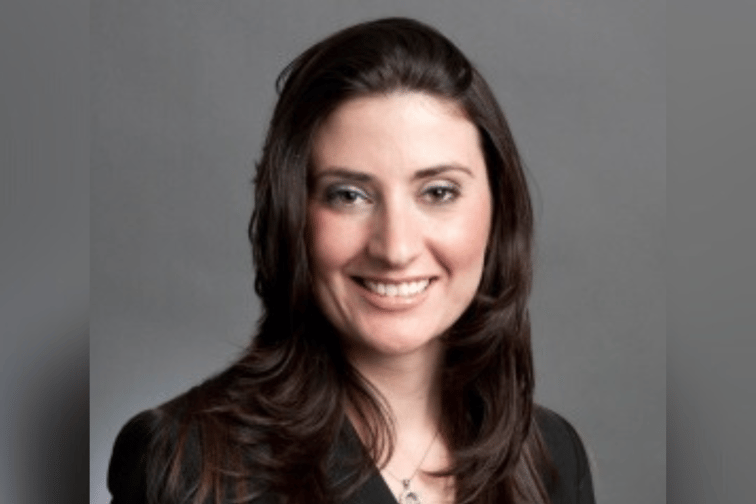

High net worth (HNW) insureds are increasingly worried about insurance availability, and they feel exposed because of catastrophic weather. A survey of risk managers is giving insight into the stressors affecting their HNW clients this year and the need to educate them on proactive risk management.
The Private Risk Management Association (PRMA), a non-profit insurance education organization, polled 145 of its members serving over 30,000 HNW clients. The 2022 Outlook survey found that 78% of risk managers believed their clients were most worried about their ability to obtain coverage at a reasonable premium, while 60% said their clients feared they could not get insurance at all.
Almost two-thirds (62%) of risk managers said the threat of natural catastrophes was on top of their clients’ minds. Other notable concerns of HNW clients were cybersecurity risks, travel and personal safety, and the lingering effects of the COVID-19 pandemic.
“Not a day goes by where the news is not showing a major event involving severe weather, which is happening more frequently with much more severity. The rise in these events over the last year is creating more fear among homeowners,” said Diane Delaney (pictured), executive director at PRMA.
Only 19% of risk managers said their clients were fully aware of the factors driving up the cost of the premiums, such as the rise in home repair and rebuilding costs due to inflation and the increase in overall claims costs. About 60% said their clients were “somewhat” aware of these factors. Delaney said it falls to brokers to help their clients understand why their premiums are going up and why they need to be proactive about mitigating risks to their homes.
“The most important thing for clients to understand is if they have any claims, that will increase their insurance premiums. Water loss in the home is one of the most common claims that the industry sees, so how do we prevent that?” Delaney asked.
“With the hard insurance market and the current inflation rate, it will be harder to obtain appropriate insurance coverage or to get it at the premium the client believes they should be paying. It’s getting the client to understand that to protect their most important asset properly, they will need to pay higher premiums,” she added.
The PRMA survey also revealed most (78%) risk managers expected their clients to continue renovating and upgrading their homes, though only 28% were certain homeowners knew all the risks they were getting into.
Risk managers should “dig deep” with their clients, Delaney said, to understand the reason for, and the extent of the home renovations taking place. Brokers should also initiate tough conversations about how much clients are willing to pay out of pocket for replacements in case of a loss, bearing in mind the continuing increase in materials and labor costs.
“When we uncover gaps [in coverage], they can understand what’s most important for their client, like being able to replace custom features in their home. We need to ensure they are with the right insurance company to do that because they’re not all the same. Unless you understand the client’s pain points, it’s difficult to determine which insurance carrier is best designed to protect that client,” Delaney explained.
Delaney also emphasized the need for homeowners to work with their risk managers and construction contractors to build risk mitigation into the renovation or reconstruction plan.
As inflation drives up the cost of premiums, homeowners are also venturing into the sharing economy to offset expenses. The PRMA survey showed a third (34%) of risk managers said homeowners were participating by renting their homes, swimming pools, cars, land, and other assets. But about half (46%) of those polled said their clients were unaware of the increased exposures associated with these activities.
“We can all agree that the sharing economy is not going anywhere, anytime soon. In the future, we’re going to see that number [of homeowners involved in the sharing economy] skyrocket,” said Delaney.
Brokers and agents should be prepared with possible claims scenarios to present to their clients renting or sharing their properties. Continuing education for the insurance professional and their clients is paramount amid the evolving risks of the sharing economy.
“From a risk management standpoint, there is still so much to learn in this area. We encourage them to have several examples at their fingertips but to stay on top of educating themselves from the contract language standpoint. They can build upon those scenarios for clients, ask the right questions and get them to think about what exposures may exist,” Delaney added.
